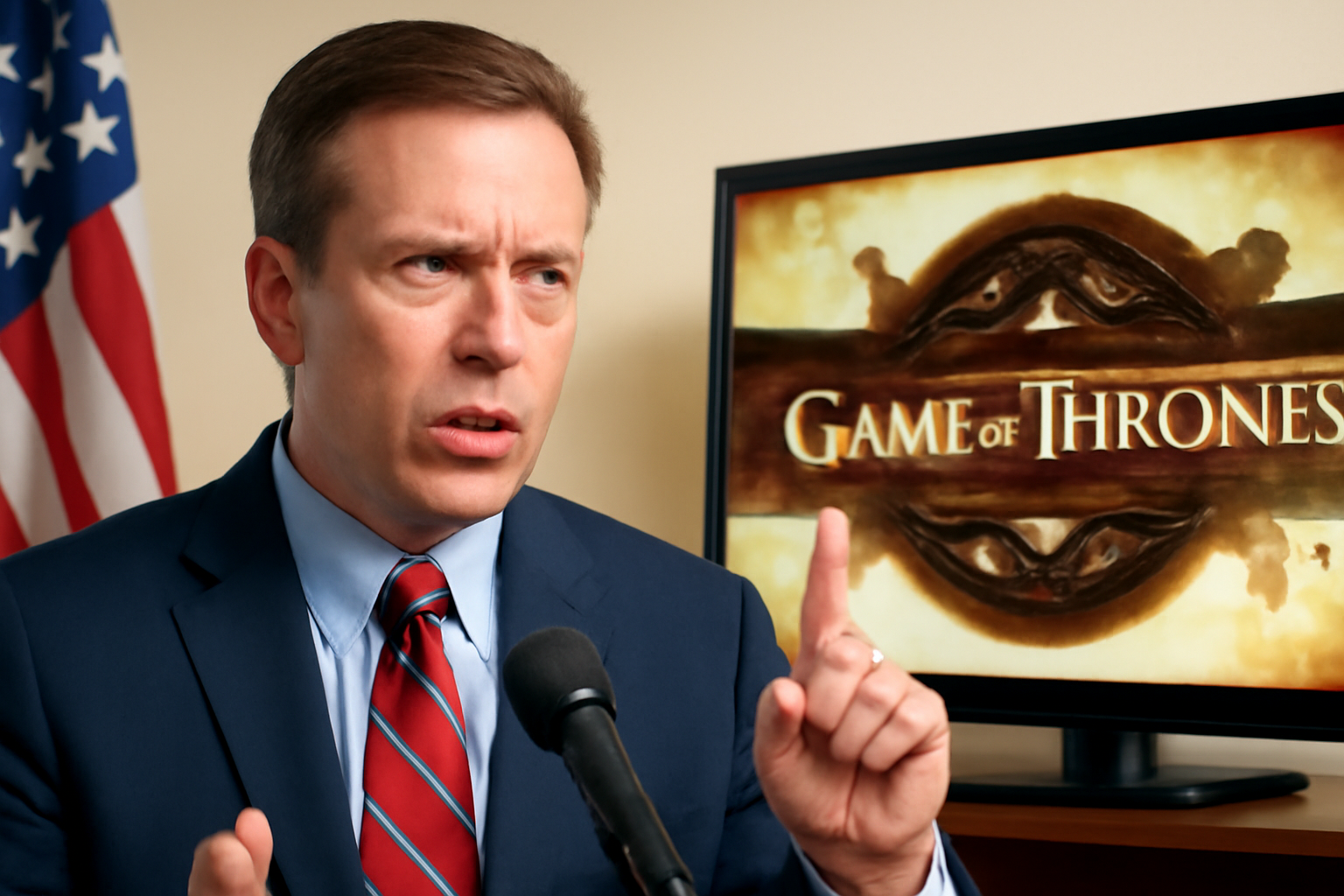
In recent years, some political groups, especially conservatives, have been pushing hard on redefining what counts as "obscenity" in media. They're not just talking about stricter regulations; some even want certain content criminalized if they believe it's inappropriate.
A heated debate over media obscenity
The core argument here revolves around whether current laws are too lax, potentially putting kids at risk and eroding family values. Those in favor think that sexually explicit content harms both individuals and society, warranting tighter controls. But, let's be real—figuring out what's genuinely "obscene" isn't straightforward.
Traditionally, we've relied on something called The Miller Test. It asks if an average person, using today's standards, sees a piece as appealing only because it's risqué, if it offensively depicts sexual acts, or if it lacks serious literary, artistic, political, or scientific value.
What it means in popular culture
Trying out broader definitions has a lot in entertainment worried that fan-faves might get unfairly tagged as "obscene." Take "Game Of Thrones," loved globally but not without its detractors. It's got complex stories and deep characters, but yeah, also graphic violence and adult themes. Could it be crossing a line? If obscenity definitions tighten, TV shows like this might face censorship or lawsuits.
The risk creative expression faces
Critics are loudly voicing that redefining these laws could seriously cramp artistic styles. They argue that if we broaden what's "obscene," we might find ourselves on a slippery slope—where creators feel like they have no choice but censor their own work lest they face legal trouble.
Then there's another snag: what offends one person might be artful expression according others, thanks mostly cultural and personal interpretations. That's why trying create one-size-fits-all legal definition across such diverse populations can be problematic.
Looking ahead at obscenity laws
As this debate rages on, any changes must be approached thoughtfully. Policymakers need balance protecting kids and upholding values with not stifling creative freedom or artistry.
Ultimately, this debate isn't just about media; it's part a bigger picture involving morality, freedom, and how much say government should have in cultural matters. Both sides have points worth considering, but finding compromise that honors personal freedoms yet maintains social norms isn't easy.
No doubt, these discussions are going shape how media evolves, impacting creators and consumers alike in ways that affect our cultural and artistic future.
Related Posts
Martha Graham Cracker: A Night of Electrifying Drag Performance in Atlantic City
Experience a night like no other: Martha Graham Cracker's rock n' roll drag cabaret Get ready, because Martha Graham Cracker's about set Atlantic City's Anchor Rock Club on fire with her electrifying drag cabaret. With a voice that commands attention and a stage presence that's both vibrant and mesmerizing, she blends rock and roll with drag like nobody else. If you're itching a night jam-packed [...]
Pete Buttigieg's Next Steps: Life After Cabinet
Welcome back, readers! This week's news roundup celebrates moments that spark joy and ignite progress within our vibrant LGBTQ+ community. From incredible personal achievements and political victories, each story highlights how far we've come and shares in our collective happiness. Ready? Let's explore! Celebrating love and progress This week, love and progress are in full bloom. Wedding bells a [...]
Exciting New Images Released for '100 Nights of Hero': A Captivating Historical Fantasy
Unpacking '100 Nights Of Hero': A First Look If you're a fan who loves getting lost in historical fantasy, get ready because new images from *100 Nights Of Hero* have just dropped. This much-anticipated film stars Nicholas Galitzine, Emma Corrine, and Charli XCX, and brings Isabel Greenberg's beloved graphic novel storybook magic onto screens. Under Julia Jackman‘s masterful direction, *100 Ni [...]